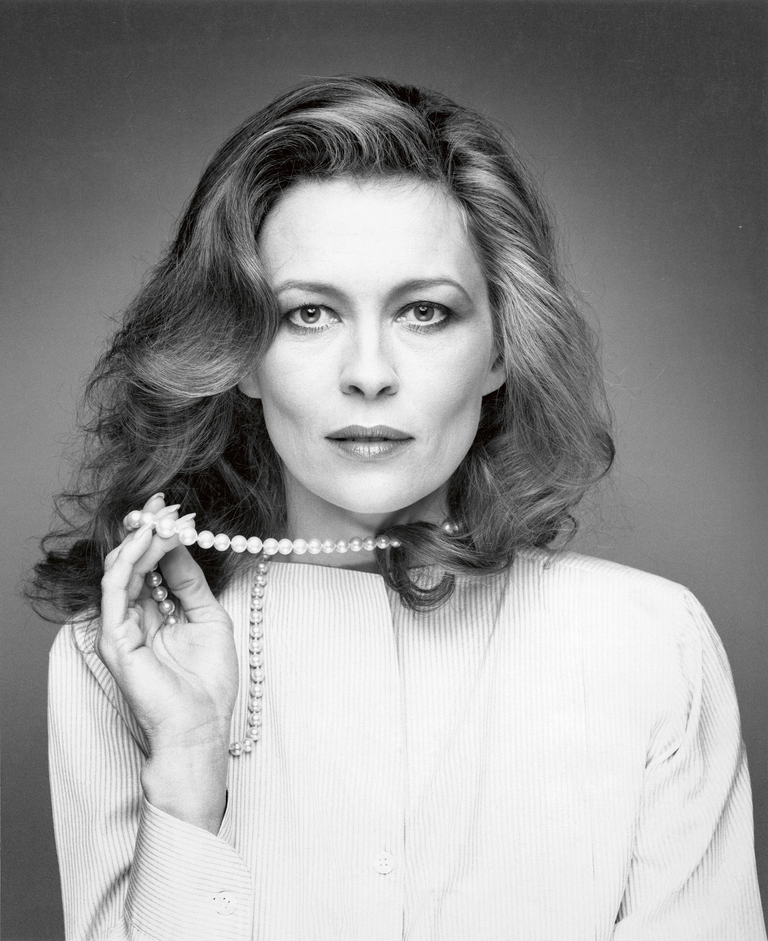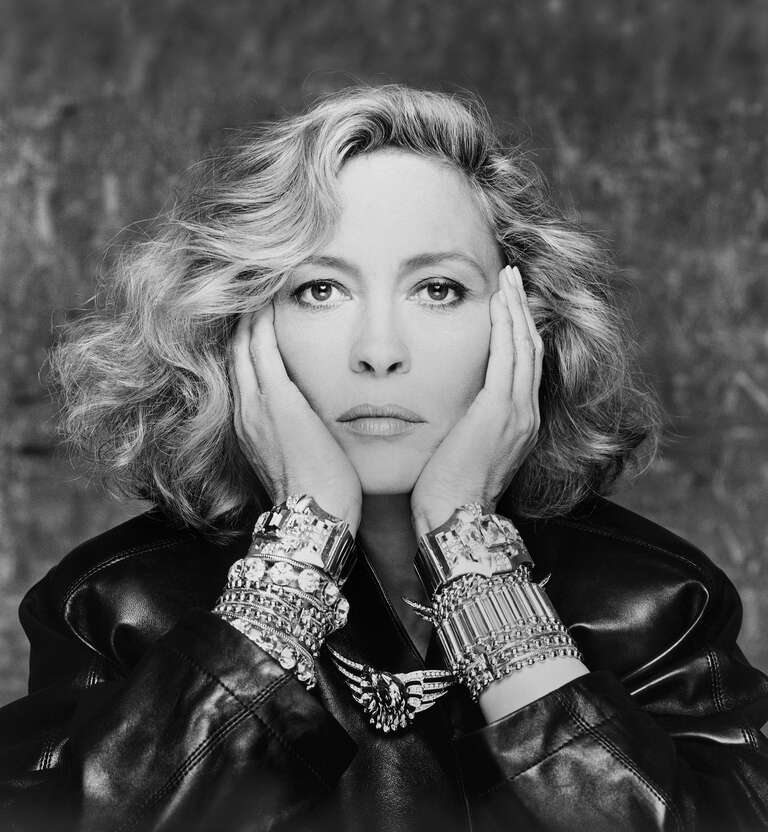
HBO Documentary Films presents an engaging documentary about Hollywood’s living legend: Faye Dunaway. The Academy Award-winning actress and multi-decade movie star, recalls her professional successes and personal challenges connected to mental health.
Laurent Bouzereau is the director of Faye. The experience of the French-American filmmaker in recounting on the silver screen the icons of the dream factory is extensive. In fact, Bouzereau was also the director and co-producer of Natalie Wood: What Remains Behind, and he produced documentaries on the making-of some of the biggest films in the history of cinema, such as the Indiana Jones and Jurassic Park film franchises just to mention a couple.
In Faye the entire life of Dunaway is evoked by the actress herself, as well as many of the illustrious interviewees that include her son Liam Dunaway O’Neill, author Mark Harris, journalist Robin Morgan, film professor Annette Insdorf, photographer and director Jerry Schatzberg, author David Itzkoff, actors Sharon Stone and Mickey Rourke, and filmmaker James Gray. The portrait that emerges of this beguiling actress is intriguing, as there’s a constant juxtaposition between the little girl she once was — Dorothy Faye Dunaway — and the public figure she chiseled herself into.
Dorothy Faye was the daughter of a pragmatic mother and a father who was a non-commissioned officer of the army, whose work would make the family move every two years. Dorothy was close for all her life to her brother Mac Simmion, until he passed away at 79. Changing home so often during her childhood — getting used to not becoming attached for too long to people and places — is something that as an adult affected her romantic relationships. Furthermore, the hardships of having a father who struggled with alcoholism made her find refuge in the world of acting. In this realm of make-believe, Faye Dunaway found alternative father figures who mentored her, such as Elia Kazan and playwright William Alfred, whose play Hogan’s Goat helped launch her career in 1965.

A life-changing beauty contest; Boston University, whilst playing Medea; the New York City experience of a Broadway stage; the audacity of using her feelings with vulnerability for her acting craft. Little by little, one stepping stone after the next, lead Dunaway to an outstanding and multifaceted career, with an outstanding filmography that includes pictures such as Bonnie and Clyde, Chinatown, and Network.
While confronting the double standards she was subjected to as a woman in Hollywood, Faye Dunaway was bold in presenting headstrong female characters on screen. She was ahead of her time also in the daring depiction of Joan Crawford in Mommie Dearest. Here she was ahead of her times, embodying the issues of child abuse and mental illness that are part of today’s public debate. Male critics such as Roger Ebert and Gene Siskel were merciless in the way they criticised her performance. Whereas Pauline Kael wrote “you can’t help laughing at the movie, but you can’t laugh at her,” compassionately understanding how generously Dunaway had channeled her own personal demons into the monstrous character she had to play. She truly knew how to de-glamourise a character and get to its humanity and authenticity. Faye shows the way in which Dunaway put a part of herself into all the characters she played.
At the end of the day, whether the roles Dunaway played were heroines of villains, most of the time they were independent women who were in control. Also the romantic department was characterised by Dunaway’s self-willed propensity to follow her emotions wholeheartedly. The actress was engaged to photographer Jerry Schatzberg, with whom she remained friends. But their romance was over once she fell head over heels for Marcello Mastroianni, with whom she had an affair for two years. Eventually she married Peter Wolf, the lead singer of the rock group The J. Geils Band, yet it is with her second husband that she had the most important relationship of all. With British photographer Terry O’Neill, Faye Dunaway adopted their son Liam, and the family split their time between London and New York until the marriage was over.

Besides being a freewheeling woman, on and off the screen, Faye Dunaway also became an icon of elegance thanks to the collaboration with costume designer Theadora Van Runkle, who transformed her into a trend setter and the epitome of sophistication. This refined flair coalesced with Dunaway’s well-rounded persona as an entertainer. Acting for theatre, performing for Hollywood movies as a young woman, and as a more seasoned actress venturing into comedy television. Dunaway kept being driven by the desire to experiment new fields and professional opportunities, also with unsuccessful choices, like trying to bring the Tony-winning play Master Class to the silver screen — where she played the protagonist Maria Callas and had to shut down the production for lack of financial resources. Despite this failure, Dunaway proved to be gifted also behind the camera, when she directed the short film The Yellow Bird — the adaption of a short story by Tennessee Williams, who also provided the voice over.
The actress’ unfading talent as a thespian emerges in Faye also through the chronicle of her interpretation of Katherine Hepburn in the stage production Tea At Five. Unfortunately this circumstance also brought to light her struggle with bipolar disorder, which caused her to be dismissed from the production. Prior to this incident other similar episodes of mood swings caused Dunaway’s temperamental personality to label her as “difficult,” within the Hollywood circle. Bette Davis publicly claimed she did not wish to work with her again. On the other hand, the new generations of actors who worked with her were in awe of Dunaway, such as Johnny Depp, Mark Wahlberg, Joaquin Phoenix, Charlize Theron and Sharon Stone. With the latter — who defines Dunaway as “a force of nature” — a very strong friendship blossomed.
Throughout her life, Dunaway always encouraged aspiring actors to get an education and develop their own uniqueness. Faye not only is the first feature documentary about the Hollywood legend, it also gives us a peek into amusing trivia about the actress, such as her obsession for Blistex.
The film serves as a reminder of Dunaway’s singular ability to inspire generations of filmmakers and actors. This is all thanks to her enduring charisma, that Mickey Rourke rightly defines as “mesmerising.”
Final Grade: B+
Photos Courtesy of Iconic Images/HBO

